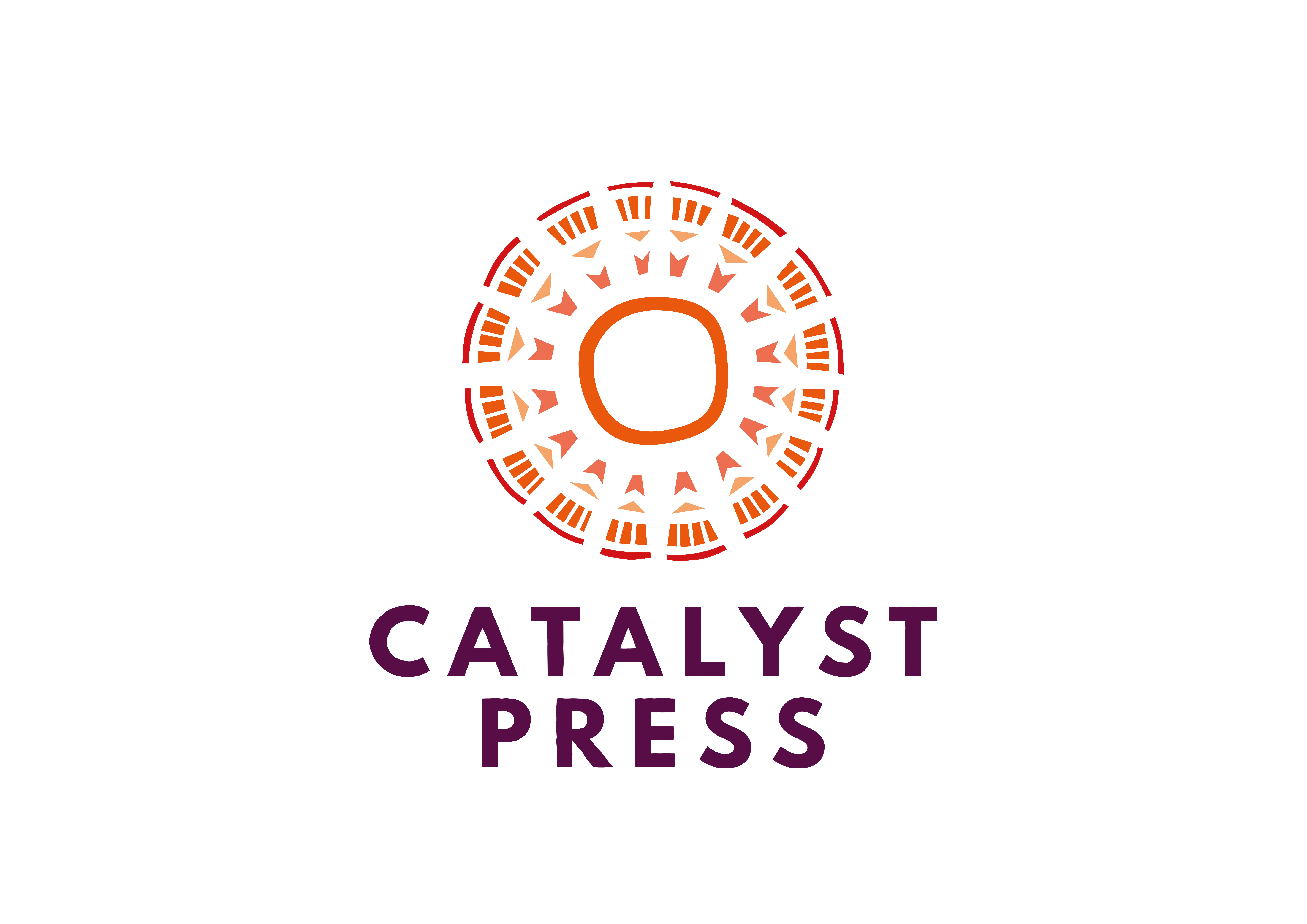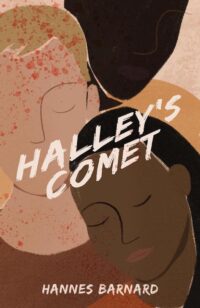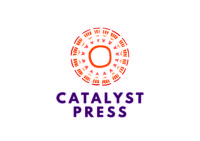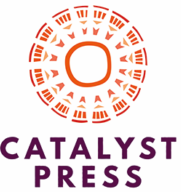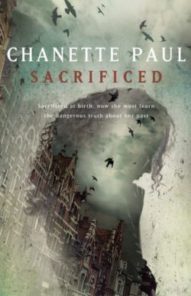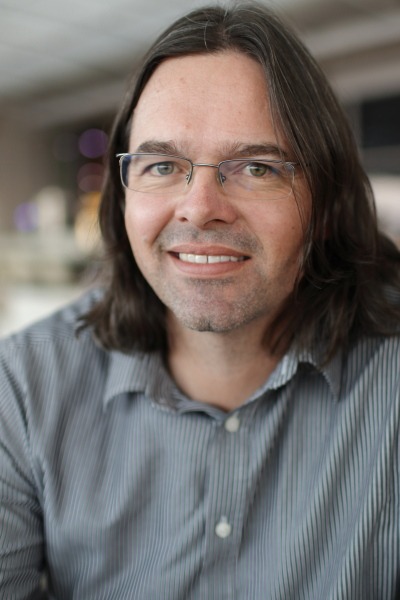
Hannes Barnard is a Catalyst Press trailblazer. Though we’ve published several books in translation before, his novel, Halley’s Comet, is our very first one for young readers. Books are a way to explore the world, and we hope that readers—especially young readers—take that journey through our books.
And what a way to start!
Halley’s Comet, written and translated by Hannes, is a powerful and emotional coming-of-age story set in the last years of South African apartheid. Kirkus called it “a thrilling, tension-filled story of friendship, love, radicalism, and justice;” World Kid Lit praised it writing, “This YA story is a crossover novel that is bound to stay with readers – young and old – long after they finish it;” and Sonia Patel, author of William C. Morris Award finalist Rani Patel In Full Effect, writes “Hannes Barnard delivers an indelible exploration of the importance of empathy in seeing color without seeing inferiority.” In short, this is a truly great book.
The novel centers on Pete, a white 16-year-old schoolboy. Pete lives a relatively sheltered life, primarily concerned with girls and rugby— until one January night changes everything. Thrust together with two complete strangers—Petrus, a Black farmworker’s son and Sarita, an Indian shopkeeper’s daughter—the trio form an era-defying friendship that is sparked by a shared secret. And when anti-Apartheid revolutionaries set their sights on the town, it will change the course of the three young people’s lives forever.
We talked with Hannes about his work, how he created characters with kindness and empathy, how reading translated literature can “drive out preconceptions and open our eyes and minds,” his advice for young writers, and much more.
Halley’s Comet is out now, and available through your favorite bookseller.
Can you tell us a bit about your background? How did you start writing? And who are some of the writers that influenced you?
My writing journey began when I was in grade two. We were given homework; to write a story of two pages. I sat down, and a story that was in my head for some time finally made its way onto paper. “The Black Night” emerged. A whopping seven-page monster of a story! I got utterly lost in the story, felt every struggle and triumph of the Black Night. I loved it! Unfortunately, my teacher was far less enthusiastic about my blatant disregard for the two-page limit. But “The Black Night” awoke something inside me, something that has stayed with me throughout my life. For many years I suppressed this thing inside me – the stories in my head – but finally, after a good pep-talk from my now-wife, I took up the pen again. This time with the attention and dedication the craft requires. This was around ten years ago. Since then, I have worked on finding my voice and on not suppressing the stories that begged to get out.
Early influences include Edward Packard’s choose your own adventure stories, C.J. Langenhoven’s short stories, and later (each in their own very different way) authors such as Alexander Strachan, Ernest Hemmingway, William Golding, Karel Schoeman, Nevil Shute, and Wilbur Smith.
From a writing perspective, Stephen King’s On Writing was also a massive influence.
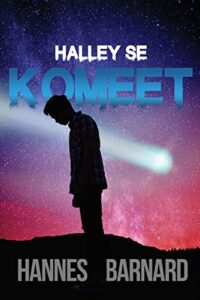
What draws you to Young Adult writing?
I love the complexities that come with YA protagonists. Your teenage years are years of discovery, of the world and yourself. The transition into adulthood, independence, and a greater awareness aids the formation of nuanced opinions. There are so many emotions condensed into this period of a person’s life which creates amazing opportunities for an author to develop interesting characters.
I also thoroughly enjoy the verve, the sense of unlimited and unrestrained potential of characters (and people) of that age group.
Lastly, as a reader, I just really enjoy YA fiction.
You’ve set Halley’s Comet in a really specific time period. Can you tell us why you picked this particular era?
There were quite a few reasons I chose 1986. To start with, 1986 was a very tumultuous year in South Africa. There was a state of emergency declared (not quite martial law, but not far from it), the liberation movement gained momentum, there were bombings, threats of bombings, the government stood firm in their oppressive beliefs and laws. In short, this was the darkest part of the night before democracy in the 90s. There was a very real chance that civil war could break out.
Also, 1986 was a year I remember well. I was very young, much younger than the protagonist, but it is a year that lives in my memory. It was the year of course, of Halley’s Comet. I was quite mesmerized by stars and space and the promise of Halley’s Comet was super exciting. It was also a year of great tragedy outside of South Africa: Chernobyl, Challenger. 1986 is forever imprinted in my mind. As a kid I remember ads on TV showing us how to identify car bombs – we literary looked under our car for bombs every time we went shopping in bigger towns. It was a crazy time, but still, living in a small rural town, there was a naivety, a shelteredness from the realities going on around us. I wanted to capture that in a book. The normality of being a sixteen-year-old against the backdrop of potential civil war, hatred, death, oppression, and injustice. I also really wanted to better understand South Africa and to a degree myself, by going back to a time in our recent history that was so vastly different from the world we live in now.
How do you think historical fiction, particularly for young readers, helps with understanding the past.

I am not sure who first penned the term, but in essence, those who ignore the past are doomed to repeat it. But, of course, it is also said that history is written by the victor. I think it is crucial to have a balanced understanding of history. Also, it is essential that the past isn’t hidden or that we present a sanitized version of it. We need to be real. Younger readers are significantly smarter and better informed than many give them credit for. It’s important to treat them (their intellect and understanding) with respect. Historical fiction is not a textbook or a history book. It is seeing history through the eyes of those who lived it. The victims, the victors, the passers-by, the standers-by, the heroes, the villains, the normal people who happened to live during that part of history. This gives balance. Of course, this is fiction, but fiction painted on the canvas of fact.
History can be boring if presented through one-dimensional textbooks. Historical fiction brings a period and the people who lived through it, to life. This is the best way of understanding the past. It is also the best way to show that even though people lived in a different era to you, there are probably more similarities between you and them than you would think. Relationships, for instance: A first crush, a first true love, father-son, mother-daughter, best friends. Relationships are the same. You might communicate through different mediums now, but the fundamentals remain the same: Does the person I like, like me back? Does my father understand me? Can I trust my best friend with my biggest secret?
This is what I love about historical fiction: It brings an era alive through the similarities we have with the characters. It makes you see and understand the world through their eyes. And I think that is very cool.
In the book, you write from the perspectives of different cultures, races, and genders. How do you approach writing differences?
To create authentic characters, you need to first get to know them. This means to “inhabit” their world, do your best to understand their world, background, perspectives, etc. This might mean research, a lot of reading and talking to people, to get a better grasp of them. For a story about Apartheid South Africa, this would involve learning more about how it was for those who were oppressed, or on the other side of the scale, how it happened that intelligent people voted for an oppressive regime. It is also important to be curious and a keen observer.
For me, when it comes to writing a character of a gender different to mine, for instance, friendships have taught me much more than reading a few research papers can. Life experience is very important. Interactions are important. Curiosity and empathy too. All these things are key building blocks. But to me, the most important thing is to listen to a character’s voice. Be open, whist writing, to hear that character’s voice. That way, you have the best chance of being authentic. If you do your best to use the building blocks, i.e., build a strong foundation, and then listen to their voices, you have a chance of creating credible characters. Irrespective of gender and race.
You talked a bit about your translation process in your interview with Kid Lit Blog. What do you think young readers gain by reading global and especially translated literature?
Translated books have an exponential effect. It gives access to literature, thinking, and debates beyond our known world. It really does open the world to us. Not in an impersonal, touristy sense, but rather in an immediate and intimate sense.
If I can use my book as an example. Halley’s Comet allows you to see South Africa of 1986 through the eyes of three South African sixteen-year-olds living in 1986, rather than reading a Wikipedia page or watching a documentary on Netflix, narrated by an elderly British man (for instance) – at arm’s length from that world. Translated books pull you in. You don’t have a ring-side seat. You are in the ring. Not a spectator, but a participant. This is the best way to drive out preconceptions and open our eyes and minds. It is also an amazing way to see the vastness of creativity and different perspectives in literature.
Music plays an important role in Halley’s Comet. Why were you interested in putting a sort of “soundtrack” into the work?
Music triggers memories. A song can transport you to a specific moment in time. I think we can all attest to that. I love music, and I have an affinity for 80’s music. The soundtrack used in this book is particularly linked to Pete’s experiences. I wanted to put musical triggers in the book that would remind him of the amazing things that happened in 1986 when he is older. It also serves an atmospheric or sensory purpose for readers to hear the sounds of the time in which the story is set.
Editor’s note: Hannes has made an actual soundtrack! Check out his Spotify playlist
Many young readers become writers themselves. What advice do you have for someone who wants to be a writer?
It must be your passion. You must love it because it can be tough. It’s all in or not in at all.
Read. A lot. And read a lot of different books and genres. Even bad ones.
Write a lot. Play around with ideas. Experiment. Be a keen observer of people and things. Travel, if you can. If you can’t, travel by reading books from various countries (like translated books). This will expand your views and understanding. It’s okay to copy the styles of other writers as you hone your craft. But search for your own writing voice, that is what will set you apart. Lastly, if you find pure joy in writing, you’re halfway there.
What do you hope your readers take away from your book?
More than anything I hope the readers enjoy the book! I think this book is very accessible, providing something for everyone. One of the great things about books is that each reader takes away something else. Every reader has a personal encounter/experience with the book.
Of course, it would be great if readers gain a better understanding of that era in South Africa because of the book, or that they are reminded that people have a lot more in common than we allow ourselves to believe, despite different backgrounds, race, or culture. I’d be very happy for readers to have a sense of hope after reading Halley’s Comet. But like I said, the most important thing is that they have an enjoyable (and hopefully, memorable) reading experience. And listen to the great 80’s playlist whilst doing so.
What’s next for you?
At the end of March 2022, my first crime fiction novel will be published. It is in Afrikaans and called, Die wet van Gauteng (The law of Gauteng). It is set in Johannesburg, and I cannot wait for it to hit bookstores. Then I’m am fortunate enough to have two short stories included in a couple of middle-grade anthologies, one in Afrikaans and one in English. Publication dates are April/May 2022. My next writing project is the last of my Afrikaans (pre-during-post) apocalyptic YA trilogy. Wolk (Cloud) was first, followed by Roet (Soot), and now the final installment is waiting to be written. Speaking of “what’s next”, I’d love to tackle this trilogy as my next translation project. I think they would work well in English. Even though it is set in South Africa, I think the questions our two protagonists (Ruth and Xandr) are faced with are very relatable to YA readers worldwide.
